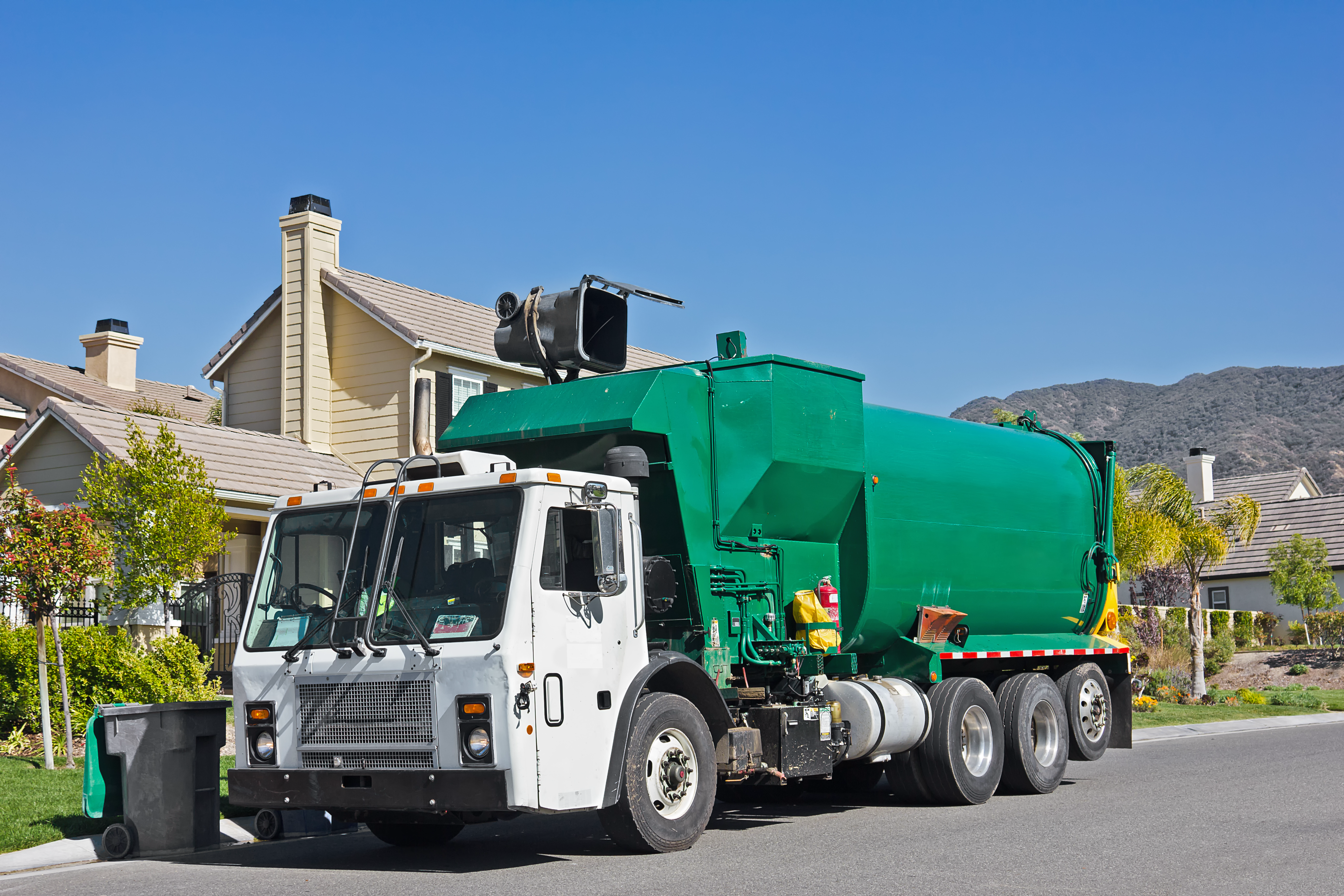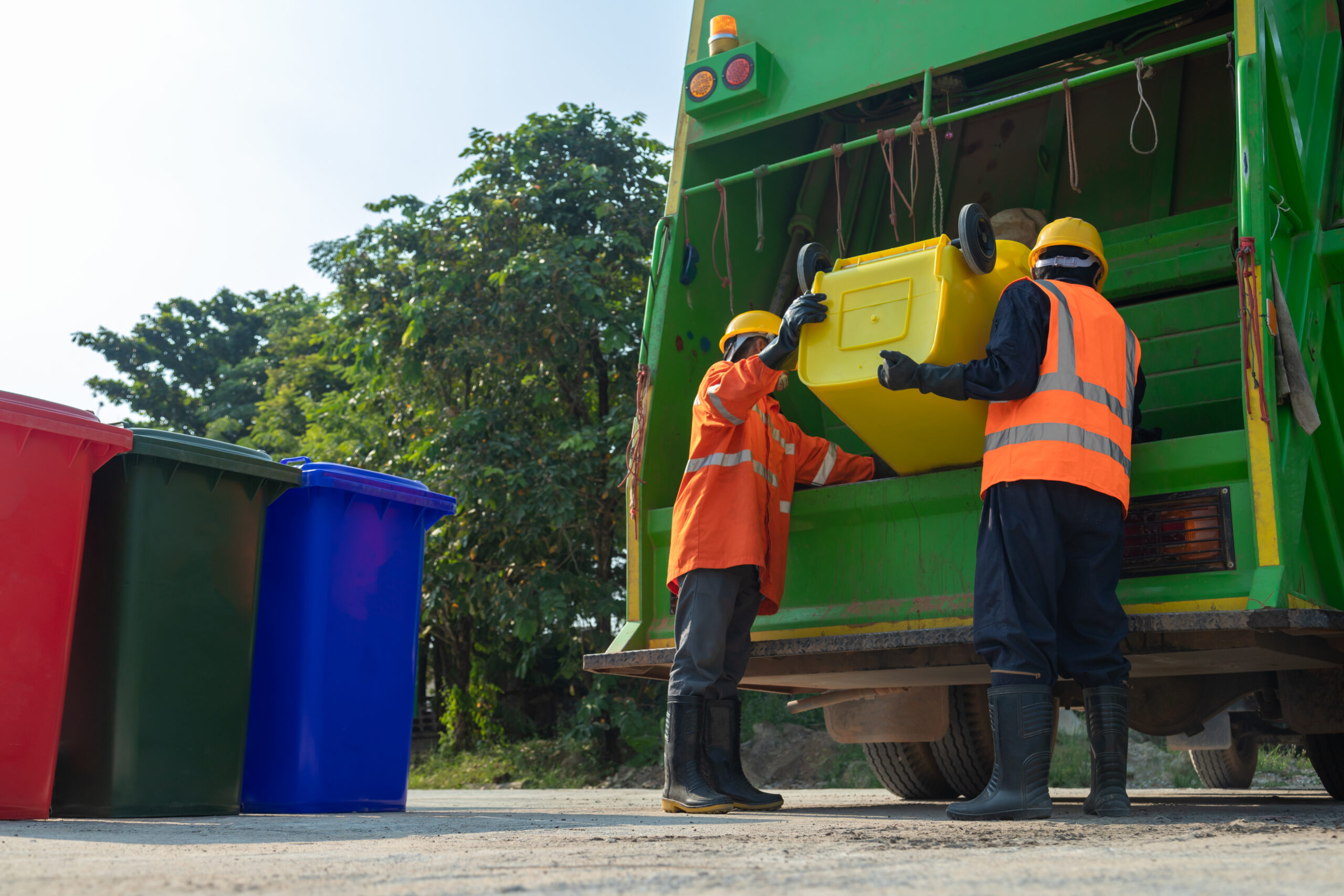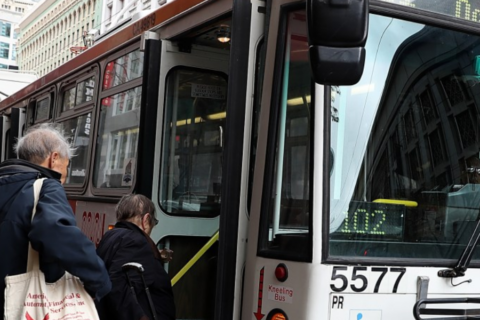By Conor Riffle, Senior Vice President of Smart Cities at Rubicon.
The City of Houston, Texas, was facing mounting waste management challenges, with service interruptions, inefficient routes and costly go-back trips.
To address these issues, the fourth largest city in the United States turned to Rubicon to help enhance the efficiency of its massive fleet of nearly 400 waste and recycling vehicles. This is how Houston’s Solid Waste Department leveraged real-time data to become responsive and efficient for the City’s more than 2.3 million residents.
Reduction in Customer Complaints
In the City of Houston, over 1,200 residents required a special collection. Before, drivers had to reference paper lists of special collection addresses drivers while running their routes, which was inefficient and led to missed collections. Now, the City has implemented location alerts, so the app notifies drivers when they need to complete a special collection. This has reduced the number of missed collections and improved resident satisfaction.
“The data gathered from this system has assisted us in implementing best practices to educate residents about our service schedule,” said Mark Wilfalk, Director of Solid Waste for the City of Houston. “These features, alongside route digitization and optimization efforts, have improved the efficiency of solid waste service delivery throughout the City of Houston.”
Workers’ Quick Embrace
Houston’s workforce quickly embraced the system’s user-friendly interface, allowing for swift integration within the City’s fleet of nearly 400 vehicles in just 73 days. Real-time data and tracking capabilities provided unprecedented transparency in tracking waste and recycling vehicles.
The Route Assist feature revolutionized the City’s approach by optimizing routes and preventing overlapping services. With a click of a button, supervisors can allocate specific parts of a route to different drivers, eliminating the redundancy of multiple trucks on the same route. Since the beginning of 2022, drivers have assisted on 20,220 waste, recycling, and yard waste routes.
Reducing Go-Back Trips
Previously, costly go-back trips reaching 75 miles in length added to the already high financial burden of waste collection. Now, the City can plan its routes ahead of time and assign those routes with the click of a button. Houston’s Solid Waste Department is able to see exceptions, make sure that routes are completed on time, and largely prevent go-backs, which can cost the city an average of $50 per trip.
“We used to have a lot of calls from customers saying you didn’t service me, or you skipped my can,” said Helvia Quinones, Deputy Director of Southern Operation, Solid Waste Department for the City of Houston. “Having this system has prevented us from [needing to] go back and reservice those addresses.”
The Vision for Houston’s Future
Houston’s future waste management vision is one of efficiency, responsiveness, and citizen-centric services. Mayor Sylvester Turner envisions the City’s future as one that leverages technology to deliver effective public services for all residents, regardless of their background.
“Partnering with Rubicon helps the City of Houston optimize its solid waste operations and makes it possible for us to digitize our entire waste and recycling management system to the benefit of our more than 2.3 million residents,” said Sylvester Turner, Mayor of Houston. “We are committed to providing the highest level of service to all Houstonians, and this partnership allows us to provide better services, save taxpayer dollars and deliver a better quality of life for Houston residents.”
Rubicon created a documentary featuring the success story of Houston, Texas along with Glendale, Arizona, and Kansas City, Missouri. Watch the documentary on YouTube.







